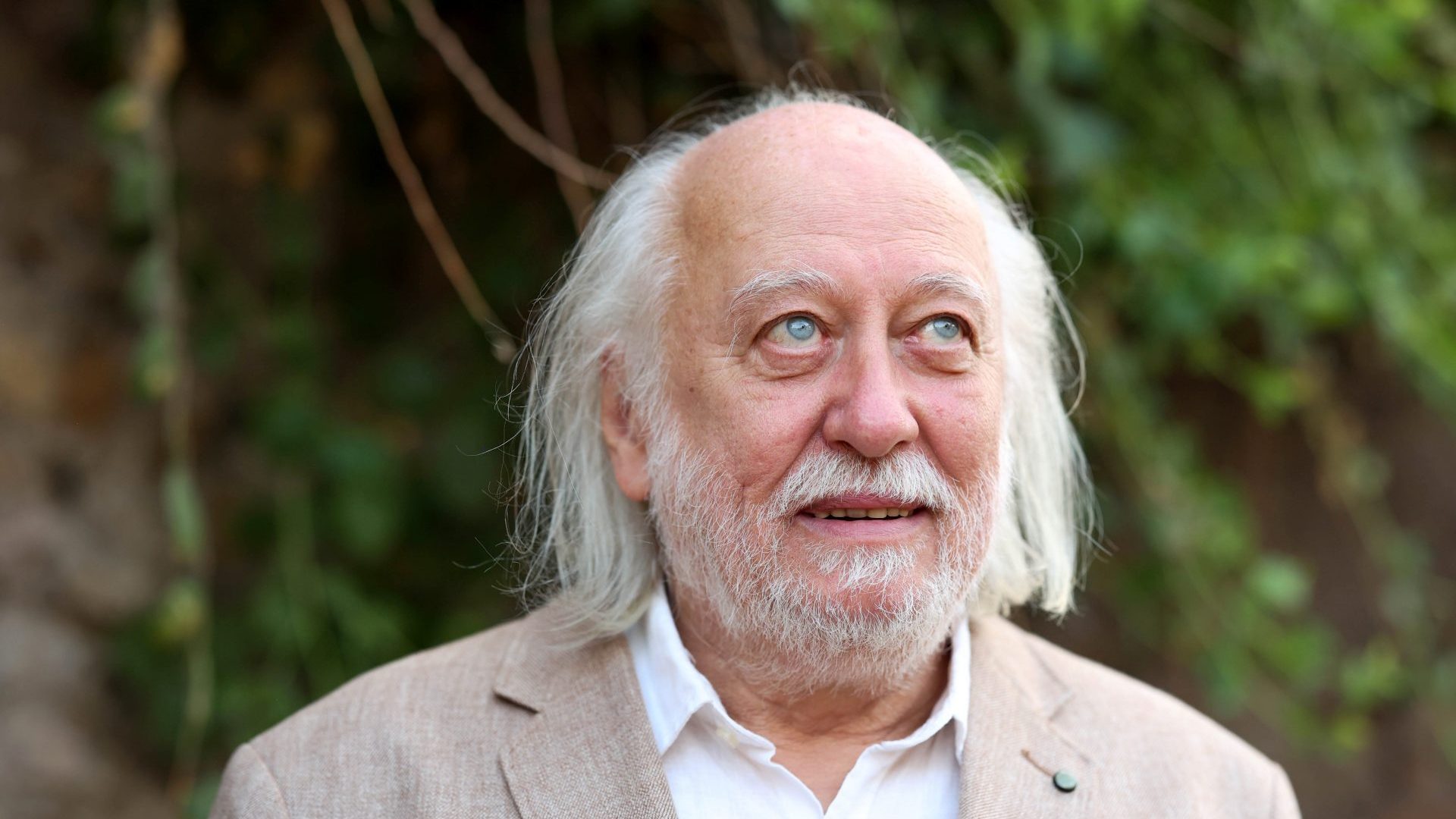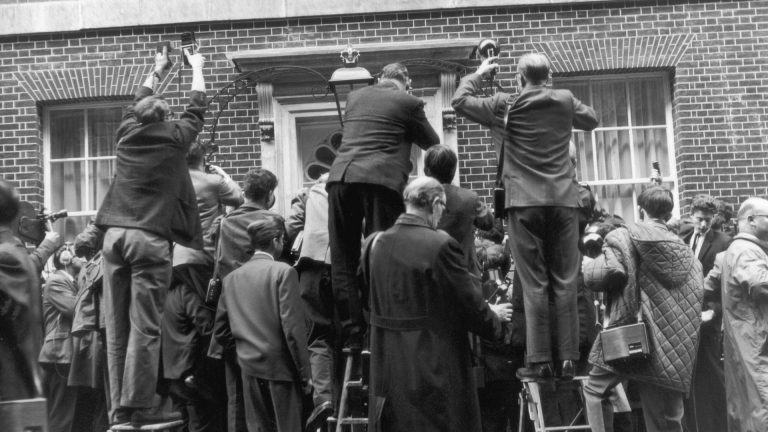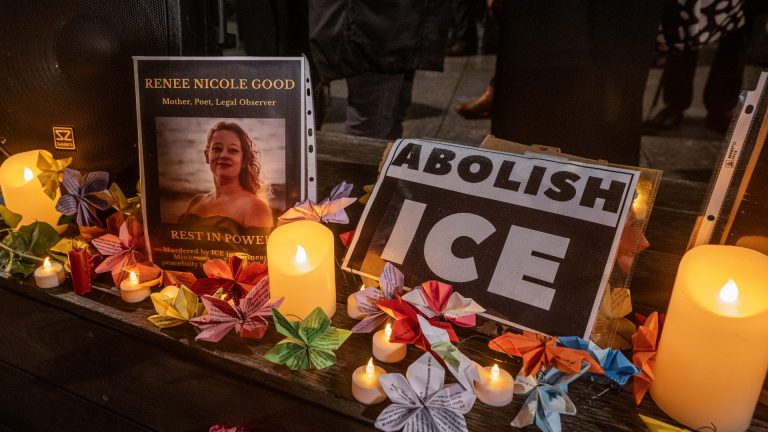I’d never heard of László Krasznahorkai before he was honoured by the Nobel jury for “his compelling and visionary oeuvre that, in the midst of apocalyptic terror, reaffirms the power of art,” but then my phone pinged with news from Hoy, the newspaper that serves the region of south-west Spain where we live, with the headline “The trip to Extremadura that transformed the Nobel Laureate”, explaining how the author developed his bleak, meditative – you might say pedantic – style in his semi-autobiographical 2008 novella The Last Wolf, in which a depressive, beer-sipping writer recounts to a bemused Hungarian bartender in a Berlin bar the shaggy tale of a visit to Extremadura in search of the man who shot the region’s last wolf – a story told in just one long sentence spanning 74 pages (although that’s not Krasznahorkai’s longest sentence; that came in his 2024 novel Herscht 07769, weighing in at 400 pages) – the result of an invitation to this beautiful but little-visited region as part of a programme to introduce cultural figures to its vast, empty landscapes and people, whose traditional way of life continues more or less unchanged, an offer he accepted “without even knowing what Extremadura was,” which I suppose makes us even, because since we bought a finca in the holm-oak-dotted pastures of Extremadura a decade ago I’ve become enchanted by this place, which has none of the problems with tourism associated with other parts of Spain, hardly any foreign visitors, incredibly hospitable people and, as well as untouched landscape, wonderfully preserved cities built by the conquistadors who left Spain’s poorest region in the 16th century to seek their fortune in the New World (no, the other one), so I devour every book I can find that deals with Extremadura – in truth it’s a slim shelf: Don Quixote roamed neighbouring La Mancha over 900 pages but apparently never set foot here, and somehow Laurie Lee, on his epic walk from Vigo in the north to Málaga in the south, gave this sizeable land on the Portuguese border a wide berth, though there are two excellent and very readable short Spanish novels (now available in English translation) set in Extremadura – The Family of Pascal Duarte by Camilo José Cela, the story of a peasant awaiting trial for a string of killings, including that of his own mother, in the troubled 1930s, and The Holy Innocents by Miguel Delibes, describing the feudal system that persisted in the 1960s under Franco, in which a lazy landowning señorito treats his farm workers with terrible cruelty and eventually pays the price – so I needed to get hold of The Last Wolf to see what the Nobel laureate had to say about my adopted home, not an easy task as, although Amazon now delivers to Extremadura, our finca La Hoya Alta (or the High Hollow) has no formal address or postcode, but in recent months we’ve struck an arrangement with Laura who runs the shop in the nearby village and happily takes in packages for us, so I went on Amazon.es and was excited to see that The Last Wolf is available and almost clicked Buy Now before spotting that delivery would not be until April 2026 – but happily the website Hungarian Literature Online, which must be cock-a-hoop this week, offers a lengthy excerpt of The Last Wolf (albeit just part of a sentence) that showcases Krasznahorkai’s extraordinary style and evokes Extremadura in a way that rings meditatively true to me – here’s a taste:
he was conscious, he told the Hungarian barman, of the natural history of Extremadura, which was perfectly wonderful and that he, to take but one example, was especially keen on the dehesa, that gently rolling landscape with its own species of oak, the holly oak, that they called encina, that was not planted in dense patches but – and this was the whole point – lightly sprinkled around the fields, the various trunks and branches of individual trees maintaining a decent distance from each other on account of the aridity, as the hitherto silent driver explained when he was glossing the word dehesa, the dryness of the soil, the oaks being able to prosper only this way for lack of enough water, this way alone, and he pointed through the window at the lack of shrubs and other low vegetation, at the pale soil with its sparse grass and stray oaks on the vast plain, that being the dehesa, you understand, as indeed he did understand, and felt inwardly, since the dehesa was much like his own soul – like what?! grinned the Hungarian barman – OK, forget it, he waved and took another sip of his beer, all he meant was that Extremadura was marvelous, and not only on account of the natural landscape but because of the people, he explained to the Hungarian barman, the best way of describing them would be simply as good people, at which the barman raised a skeptical eyebrow, as if to say “good people?!” and, yes, he replied, good people, and that too was marvelous he stressed, only it would be awful telling these good people the fate that awaited them, the autopistas, the suburban developments, in Caceres and Placencia, in Trujillo in Badajoz and Merida where he had already been shown how quickly this kind of thing can happen and was all too aware of how the world would break in on Extremadura too, because he knew, and he leant forward in his chair, raising his voice a little so the barman should hear this much at least over the mechanical bawling of the music, because he knew that the whole place, Extremadura, was outside the world, because extre means outside, out of, you get it? and that was what was so wonderful about both the land and the people, and that nobody was really aware of the danger presented by the proximity of the world, that they, the Extremadurans, lived in terrible danger because, he explained to the barman, they had no idea what they were letting themselves in for…
Great stuff, László, and congratulations on the prize. Just one quibble – and this was a surprise from someone with two accents in his own name – it’s Cáceres, and Mérida. Oh, and Plasencia.
Peter Barron is an author for Frommer’s Spain. Follow his blog at adventuresinextremadura.com












